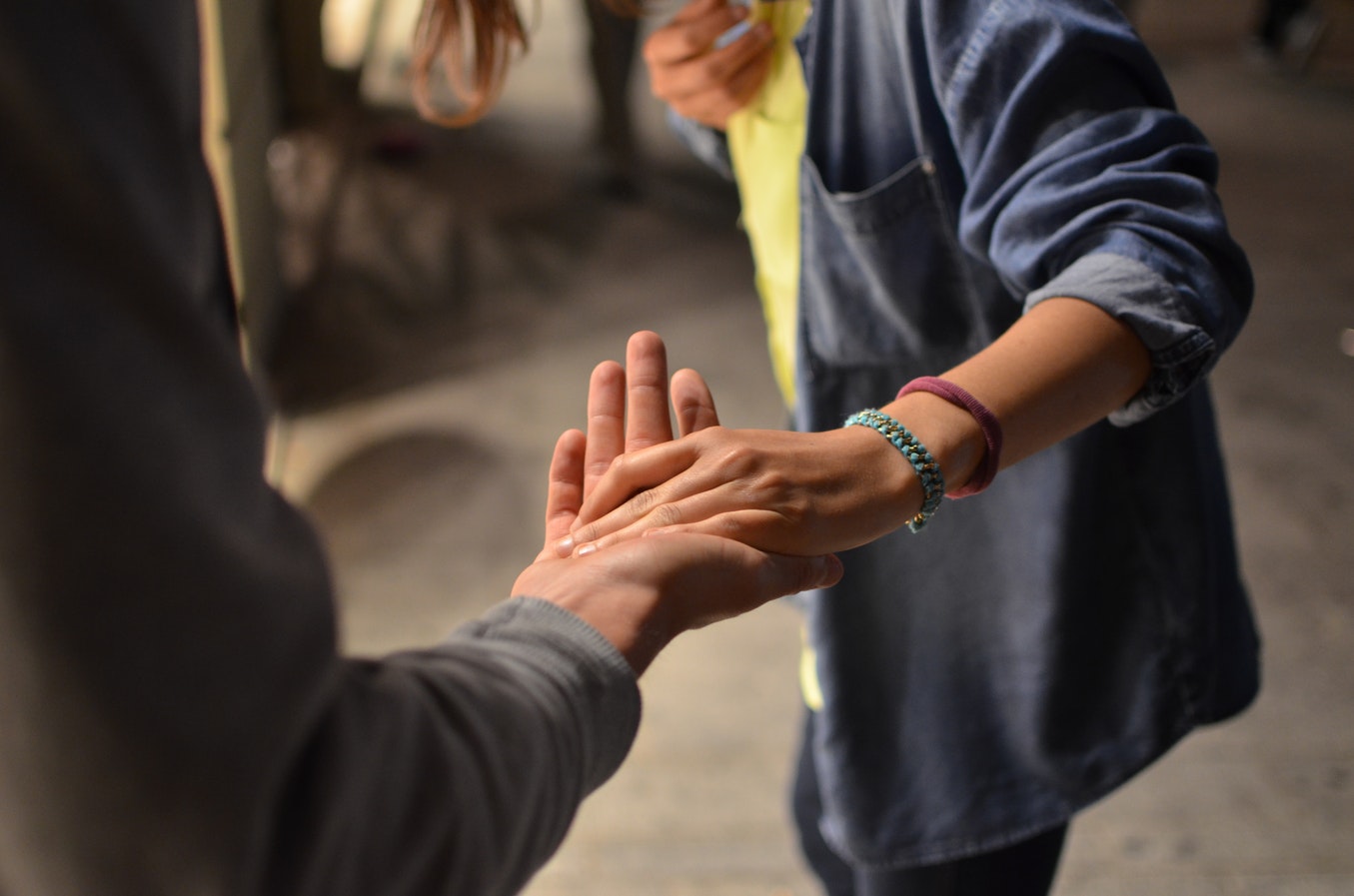What Helps When I or Someone I Know is Suffering?
Author: The Journey Online TeamWhat Helps Most
What can we do to help those who hurt? And who can help us when we suffer?
 I begin with some discouraging good news. The discouraging aspect is that I cannot give you a magical formula. There is nothing much you can say to help suffering people. Some of the brightest minds in history have explored every angle of the problem of pain, asking why people hurt, yet still we find ourselves stammering out the same questions, unrelieved.
I begin with some discouraging good news. The discouraging aspect is that I cannot give you a magical formula. There is nothing much you can say to help suffering people. Some of the brightest minds in history have explored every angle of the problem of pain, asking why people hurt, yet still we find ourselves stammering out the same questions, unrelieved.
As I’ve mentioned, not even God attempted an explanation of cause or a rationale for suffering in his reply to Job. The great king David, the righteous man Job, and finally even the Son of God reacted to pain much the same as we do. They recoiled from it, thought it horrible, did their best to alleviate it, and finally cried out to God in despair because of it. Personally, I find it discouraging that we can come up with no final, satisfying answer for people in pain.
And yet viewed in another way that no answer is surprisingly good news. When I have asked suffering people, “Who helped you?” not one person has mentioned a Ph.D. from Yale Divinity School or a famous philosopher. The kingdom of suffering is a democracy, and we all stand in it or alongside it with nothing but our naked humanity. All of us have the same capacity to help, and that is good news.
No one can package or bottle “the appropriate response to suffering.”
And words intended for everyone will almost always prove worthless for one individual person. If you go to the sufferers themselves and ask for helpful words, you may find discord. Some recall a friend who cheerily helped distract them from the illness, while others think such an approach insulting. Some want honest, straightforward confrontation; others find such discussion unbearably depressing.
In short, there is no magic cure for a person in pain. Mainly, such a person needs love, for love instinctively detects what is needed. Jean Vanier, founder of l’Arche movement, says it well: “Wounded people who have been broken by suffering and sickness ask for only one thing: a heart that loves and commits itself to them, a heart full of hope for them.”
In fact, the answer to the question, “How do I help those who hurt?”
is exactly the same as the answer to the question, “How do I love?” If you asked me for a Bible passage to teach you how to help suffering people, I would point to 1 Corinthians 13 and its eloquent  depiction of love. That is what a suffering person needs: love, and not knowledge and wisdom. As is so often his pattern, God uses very ordinary people to bring about healing.
depiction of love. That is what a suffering person needs: love, and not knowledge and wisdom. As is so often his pattern, God uses very ordinary people to bring about healing.
Nevertheless, love itself breaks down into specific and practical acts. We meet suffering people in every school, in every church, in every public building, as well as in every hospital. All of us will one day join them. As I’ve listened to what they have to say, I have come up with four “frontiers” where every suffering person will do battle: the frontiers of fear, helplessness, meaning, and hope. Our response to suffering depends largely on the outcome of our struggle in those frontiers.
